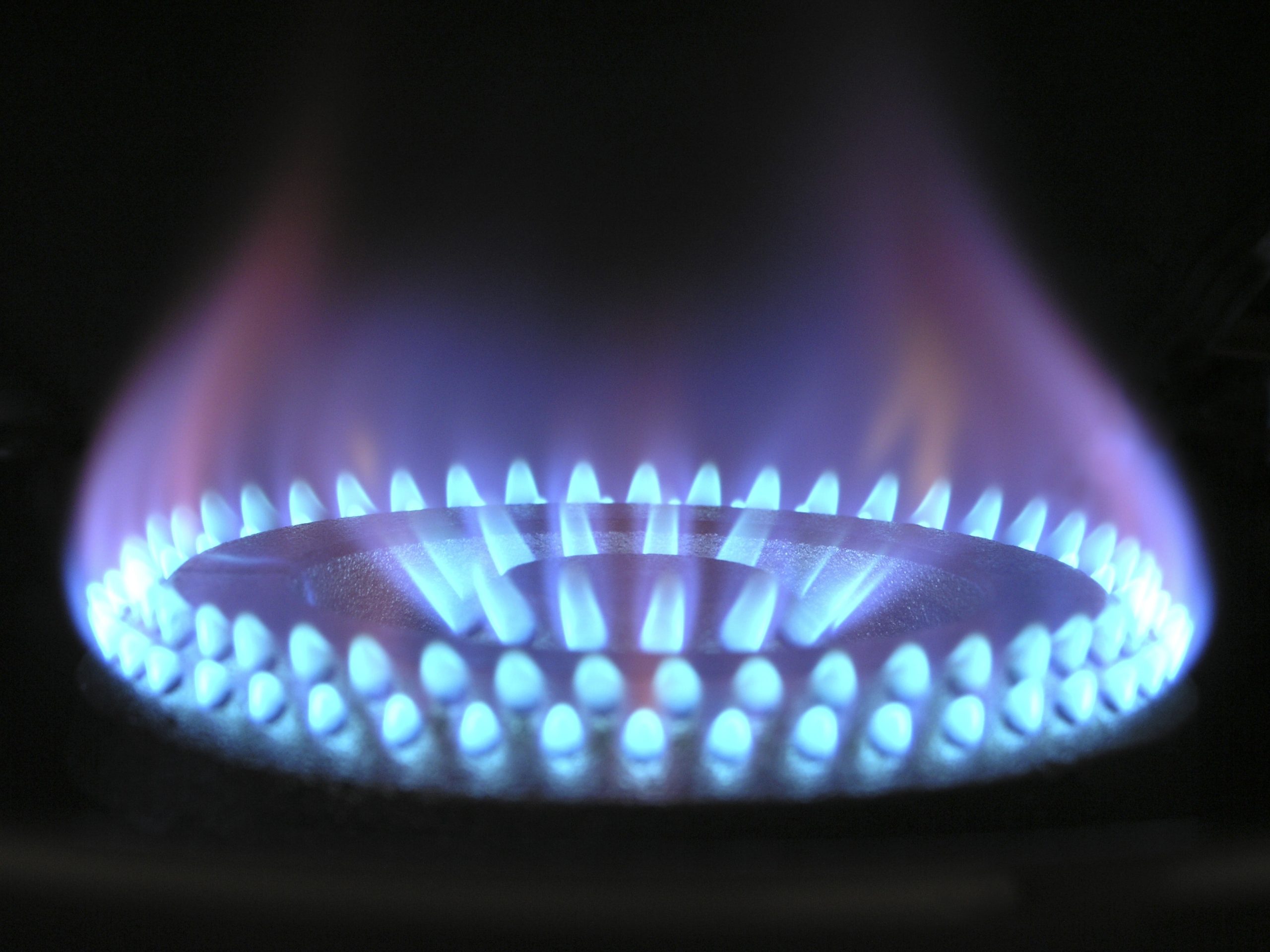Just in time for Halloween – – In a move to advance anti-consumer choice policies and ban natural gas use, the extreme activist group Physicians, Scientists and Engineers for Healthy Energy (PSEHE) is scoring frightening headlines based on unfounded claims and junk science.
Their latest advocacy-first, science-second study aims to scare homeowners into believing gas appliances impact indoor air quality. Despite “mounting evidence” backing PSEHE’s claims, the levels of hazardous chemicals found in samples are far below well-established CDC thresholds.
Additionally, the variability between households tested in metropolitan areas in California and Massachusetts are further cause for concern over the legitimacy of this study, making it impossible to pin these detectable levels on any one source.
Unfortunately, this isn’t the first time PSEHE has packaged lack-luster findings to appear that correlation equals causation. A similar study by the group back in January of this year triggered similar fear-mongering headlines. However, during a webinar, the researchers admitted they failed to test for exposure pathways and that the most benzene found in any one household was 1 ppm – again far below CDC standards for harmful exposure.
The American Gas Association (AGA) noted the PSE Healthy Energy researchers had derived potential exposure levels through simulations, not through direct observation. The AGA further addressed these shortfalls, pointing out the findings weren’t realistic. “If these scenarios did occur, the odorants in the natural gas would alert the building occupants before the elevated benzene levels were encountered,” they said.
A closer look shows – once again – the biased group relied on creative modeling to reach a pre-written narrative that pleases deep-pocketed, anti-natural gas foundation funders.
PSEHE has long been bankrolled by Keep It In the Ground groups like the Park Foundation and was founded by infamous activist Tony Ingraffea, who has bragged about his organizations use of “advocacy laced word choices.”
Even the Pennsylvania DEP is falling subject to the falsehoods enforced by activists. Earlier this month, DEP announced a rebate program encouraging PA residents to electrify their kitchens despite the massive costs associated with doing so. These misleading narratives advocating for our world to “electrify everything” impact more than just the domestic energy sector. The food industry, homeowners’ associations, and realtors have all come out against natural gas bans for the sake of customers, buyers, and business developers.
“There are certain types of food and certain culinary techniques that really require a flame in some way, shape or form to work and also for consistency and quality purposes,” said Mike Whatley, vice president of state affairs and grassroots advocacy at the National Restaurant Association. “This is an issue that particularly, uniquely impacts restaurateurs in that it impacts the very product that we’re serving.”
With 76% of restaurants in the United States relying on natural gas, Whatley’s concerns are also ringing true for local small business owners across the country.
“We’d have to go out and purchase all new equipment for our restaurants, we’d have to reengineer our kitchens. It would be terribly costly to make that conversion today,” said Tom Hutchinson, co-owner of La Posta de Mesilla and Hacienda de Mesilla.
Natural gas is used by over 187 million Americans for home cooking, which accounts for less than 0.2% of total emissions. Moreover, no documented risks to health from natural gas stoves exist from the regulatory advisory organizations tasked with protecting residential consumer health and safety, further reinforcing PHESE’s claims as baseless.
The industry is committed to the safe and responsible production and usage of natural gas. Thankfully, “the facts are on our side; [natural gas development is] being done safely and responsibly,” as MSC’s Dave Callahan explained to KDKA. An industry made up of scientists, health and safety experts, and environmentalists, America’s natural gas industry is focused on ensuring the work we do is done right and in the most sustainable way possible.





